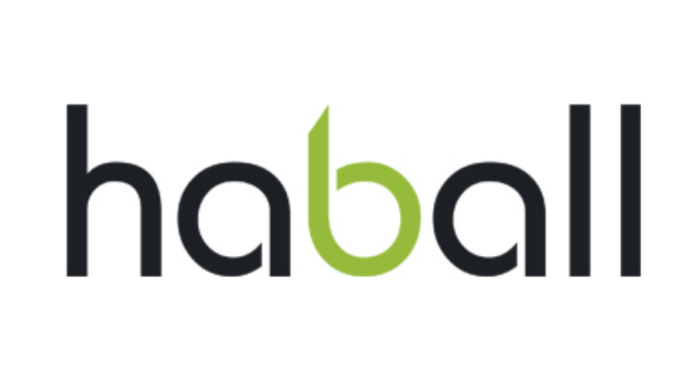Pakistan’s fintech company Haball, the country’s largest non-banking corporate aggregator, has secured in-principle approval (IPA) from the State Bank of Pakistan (SBP) for a Payment System Operator/Payment Service Provider (PSO/PSP) license.
The fintech startup had earlier secured State Bank’s authorization to initiate payment initiation service provider license (PISP). The two complement each other in controlling the payments experience and keeping it within the Haball ecosystem. Following the IPA, Haball would have to meet SBP’s conditions to launch a pilot, followed by authorization for commercial approval.
In April, Haball had secured $52 million in equity and debt funding from leading VC investors and Meezan Bank.
While this approval may not significantly impact Haball’s topline in the short term, it will serve as a powerful strategic tool that would allow the fintech company to control the entire payments experience end to end, Omer bin Ahsan tells Profit. This would be a vital advantage in a market where fragmented systems and manual processes still dominate much of the corporate payments space.
Historically, initiating a payment in Pakistan’s digital ecosystem required fintech companies to rely on commercial banks to complete the process, often resulting in bad user experiences and limited real-time control. As a Raast PISP, Haball is now uniquely positioned to initiate payments directly from customer bank accounts while keeping the entire experience, from invoicing to payment confirmation, within its own platform.
“This is about ownership of the journey,” said Omer bin Ahsan, CEO of Haball. “We’re not just digitizing supply chains, we’re redesigning them. With Raast integration and the upcoming PSO/PSP license, we’re enabling a model where every invoice is digital, every payment is instant, and every SME can access financing without friction.”
The move enables instant settlement, reducing delays and liquidity gaps that plague traditional B2B payments, especially in supply chains where timing can be everything. For distributors and SMEs, the ability to receive or make payments in real time could be transformational. Here’s how the system would work in practice using Haball’s combined PISP and PSO/PSP capabilities: a distributor logs into a corporate portal powered by Haball to view outstanding invoices from a manufacturer.
The invoices are digitally generated and integrated with the manufacturer’s ERP system in real time. The distributor selects the invoices to pay and initiates the payment directly through the Haball platform. Since Haball is a licensed PISP, it can connect securely with the distributor’s bank via Raast, Pakistan’s instant payment system, to request payment authorization.
The distributor authenticates the transaction via OTP or biometric verification and the payment is immediately initiated without the need to log into their bank’s portal or app. Because Haball also operates as a PSO/PSP, it can process and settle the transaction instantly, update payment statuses, and notify both parties in real time.
This eliminates manual reconciliation, reduces delays, and gives the manufacturer immediate visibility of funds received. The entire process, from invoice selection to payment settlement, happens within Haball’s ecosystem.
Haball’s journey has been anything but ordinary. Among the few fintechs handpicked by the SBP, the company was selected and funded under the central bank’s regulatory innovation initiative, making it not just compliant, but a partner. The new license is policy meeting innovation, followed by action.
That regulatory support has extended far beyond initial experimentation. Haball’s participation in testing for Raast-based payment initiation laid the foundation for this approval, and its close collaboration with corporates, banks, and supply chain partners helped validate its model.
While the PSO/PSP authorization itself isn’t expected to become a revenue-generating engine overnight, its value lies in “strategic control and seamless user experience, two elements that are increasingly essential in today’s API-driven financial ecosystem,” Omer says.
For a fintech like Haball, the ability to own the digital touchpoints across invoicing, payments, and financing unlocks powerful advantages. It reduces dependency on banks for execution, speeds up settlement, and enhances transparency especially important in a country where millions of SMEs still operate without access to timely credit or digital finance options.




